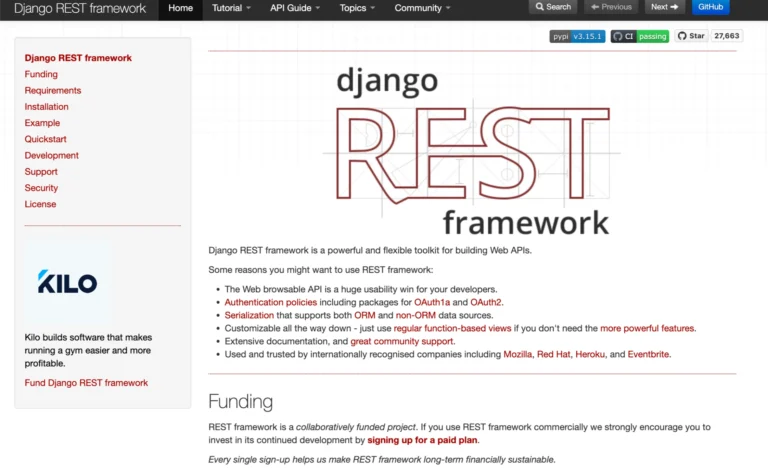A Note About Images: The images used in our articles are for illustration purposes only and may not exactly match the content. They are meant to engage readers, but the text should be relied upon for accurate information.
Welcome to the wonderful world of Java Servlets! If you’re a developer eager to dive into the realm of Java web development or simply looking to enhance your knowledge, you’ve come to the right place. In this enlightening journey, we will explore the essential facts about Java Servlets, uncovering their significance, functionalities, and best practices.
Unraveling the Marvels of Java Servlets
Java Servlets are not just any ordinary component of web development; they are the superheroes that empower dynamic and interactive web applications. These Java classes dynamically process and respond to requests from web clients, serving as the backbone of many web applications. By extending the capabilities of servers, Java Servlets enable the generation of personalized and engaging web content, elevating the user experience to new heights.
The Versatility and Efficiency of Java Servlets
- Java Servlets are like versatile Swiss army knives, equipped to handle a multitude of tasks in web development.
- They excel in creating dynamic web content, managing multiple requests efficiently, and supporting session management.
- Their platform independence allows them to run on any server that supports the Java platform, making them incredibly versatile and widely compatible.
The Magic Behind Java Servlets
One of the key advantages of Java Servlets is their ability to handle multiple requests concurrently, ensuring optimal performance even under high traffic volumes. These servlets can also communicate with databases, process form data, support session management, and provide robust security features. They truly are the ultimate tool for crafting powerful and secure web applications.
Unleashing the Potential of Java Servlets
- Java Servlets enable developers to generate dynamic web content in response to client requests, fostering interactive and personalized web experiences.
- They support session management, essential for maintaining stateful interactions with clients, and can handle form data to create interactive web forms.
- Java Servlets can easily communicate with databases, providing dynamic content based on user queries and interactions.
- With built-in security features, servlets ensure the integrity and confidentiality of user data, safeguarding against unauthorized access.
Elevating Your Web Development Game with Java Servlets
- Java Servlets are widely used in enterprise applications, thanks to their versatility, performance, and robust features.
- They can be extended with frameworks and libraries, providing developers with additional functionality and simplifying development tasks.
- The vibrant community and extensive resources surrounding Java Servlets ensure that developers have the support and guidance they need to excel in web development.
Conclusion
In conclusion, Java Servlets are indispensable tools for developers venturing into the world of web development. By mastering the intricacies of Java Servlets, developers can unlock the full potential of Java for crafting dynamic and interactive web applications. With their versatility, efficiency, and robust features, Java Servlets continue to be a cornerstone of modern web development, empowering developers to create innovative and responsive solutions.
Explore the limitless possibilities of Java Servlets and embark on an exciting journey towards mastering web application development! With Java Servlets as your trusty sidekick, the world of web development is yours to conquer.
Explore the world of Java Servlets and transform your web development skills! Let Java Servlets be your guiding light in creating dynamic and interactive web applications. Dive into the magic of web development with Java Servlets as your trusted companion.






